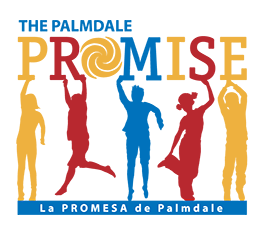What Can Parents Do?
Gather information from your child including who, what, when, why and where about the bullying incident, and whether your child reported this to an adult. Remember there are always two sides to a story. Report the bullying to your child's teacher and administrator; write the information down if possible.
Teach strong social skills including how to be a friend and how to develop strong friendships. Teach, model, and reinforce a healthy sense of self in your child. Children learn through a variety of social interactions, in part by observing others' behaviors then repeating or practicing those behaviors. Teach your child assertiveness and healthy individual boundaries, which is different and more acceptable than aggressiveness. Teach that defending oneself does not require violence or weapons, but does involve assertiveness in drawing personal and social boundaries. Teach healthy, constructive responses to bullying and role-play these responses with your child. Never put the bully on the defensive by calling names or threatening which may result in more aggression. Responding to bullying with silence renders unspoken permission for the inappropriate behaviors to continue; teach your child to self-advocate or speak up through using humor, conversation or dismissive phrases such as "I don't like that," "I know," "I'm out of here," "That doesn't bother me," "Is there a problem you would like to work out?" Finally, teach your child to reach out to school staff and report when previously addressed bullying behaviors continue.
If your child fails in any of the above, continue to practice and role-play as well as encourage them to keep trying. As a parent, resist the urge to immediately intervene. Visit anti-bullying websites and equip yourself with knowledge and strategies to assist and support your child.
Remember bullying is unprovoked, intentional, repeated over time involving an imbalance of power and/or strength and involves a disregard for rules. Teasing is unintentional, impulsive, easily corrected and is deterred by simple consequences.
Limit your child's access to the internet; know their passwords and visit their websites; teach internet responsibility and revoke their access if internet use is abused or inappropriate. Stay informed about the varied social network and media sites adolescents frequent. If your child is cyberbullied, do not erase or alter texts or emails, take screenshots of social network sites as this is your evidence. If violence has been threatened, parents need to contact law enforcement and the school; most cyberbullying is outside the jurisdiction of the school unless there is a substantial disruption to the educational process. Consider if the social websites you have passwords to, are inactive, that your child may have an alternative profile kept hidden from your view; a "parent page" versus a "real page." Set family rules that all internet devices be inaccessible to your child during family sleeping hours. Many acts of cyberbullying occur when parents believe their children are sleeping.
